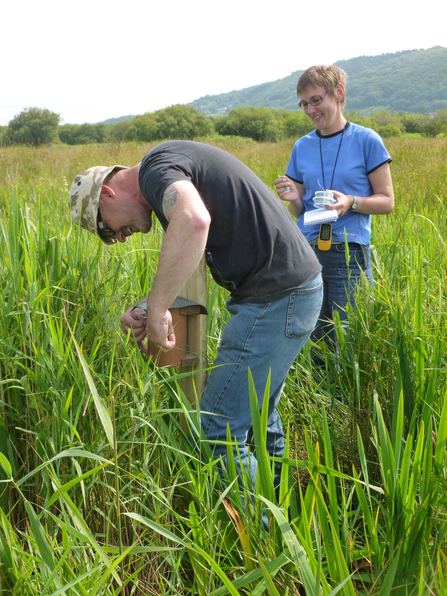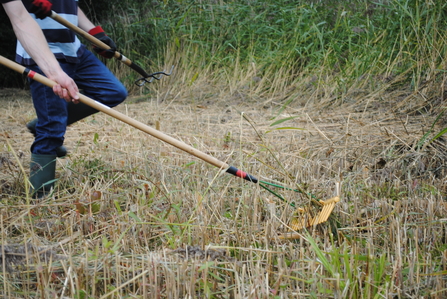Many of us know of the benefits to our mental health and wellbeing of being outdoors, without really being aware. I know that for me personally, living in the countryside and having access to green spaces for myself and my children is really important. For others it can be the walk down the canal at lunchtime that clears their head, or the run through the park after work. We don’t talk about these as ways of managing our mental health, but we all know we feel better afterwards.



